“I went to 13 high schools and never received the health classes and information I needed to make informed choices around birth control,”
says Elizabeth Clews, a JBAY Youth Advocate. “I became pregnant when I was in extended foster care. If my case manager or high schools had made sure I received sexual health education then I don’t believe I would have had children at the time I did.”
Stories like Elizabeth’s illustrate why JBAY is sponsoring Assembly Bill 366, “Healthy Futures for Foster Youth”, which would ensure access to better sexual health education and care for California foster youth. AB 366, introduced by Assemblywoman Blanca Rubio, passed out of the Assembly Human Services Committee today, April 7, with unanimous bipartisan support, along with AB 413: “Addressing Foster Youth Homelessness”.
Young people in foster care in California have a history of unfair barriers to accessing the sexual health education and services available to other youth. A 2016 study of youth in California’s foster care system found that, by age 19, about half the women reported having been pregnant at least once, more than twice the rate in the general population; yet, only a third described these pregnancies as planned. Of young women in care at age 17, one in five reported never having received prenatal care. In addition, 47% of female foster youth experienced a stillbirth or miscarriage, compared to 35% who experienced a live birth. Foster youth also reported disproportionately higher rates of sexually transmitted infection and are at heightened risk for intimate partner violence and sexual exploitation.
In response to these alarming findings, California has taken significant strides toward providing comprehensive sexual health education and access to care for foster youth. The new support includes an infant supplement paid to foster youth once they have a child.
Although these efforts were a tremendous first step, their implementation has shown a need for further changes. AB 366 improvements include extending the infant supplement three months prior to the expected delivery date of the child. This would provide expectant mothers with the support they need to prepare for their new baby.
“I didn’t find out I was pregnant until I was 32 weeks pregnant,” recalls Elizabeth Clews. “That meant that in just a few weeks I had to change my whole life plans. I was focusing on my education and didn’t yet have a job. I didn’t have the money and income to take care of myself and a child. It was only after I brought him home that I started to acquire basic purchases like a crib and bottles and diapers. If they had provided some extra support before birth, I would have been so much better prepared.”
For more information on Assembly Bill 366 and how to support it, visit: https://jbay.org/ab-366/
